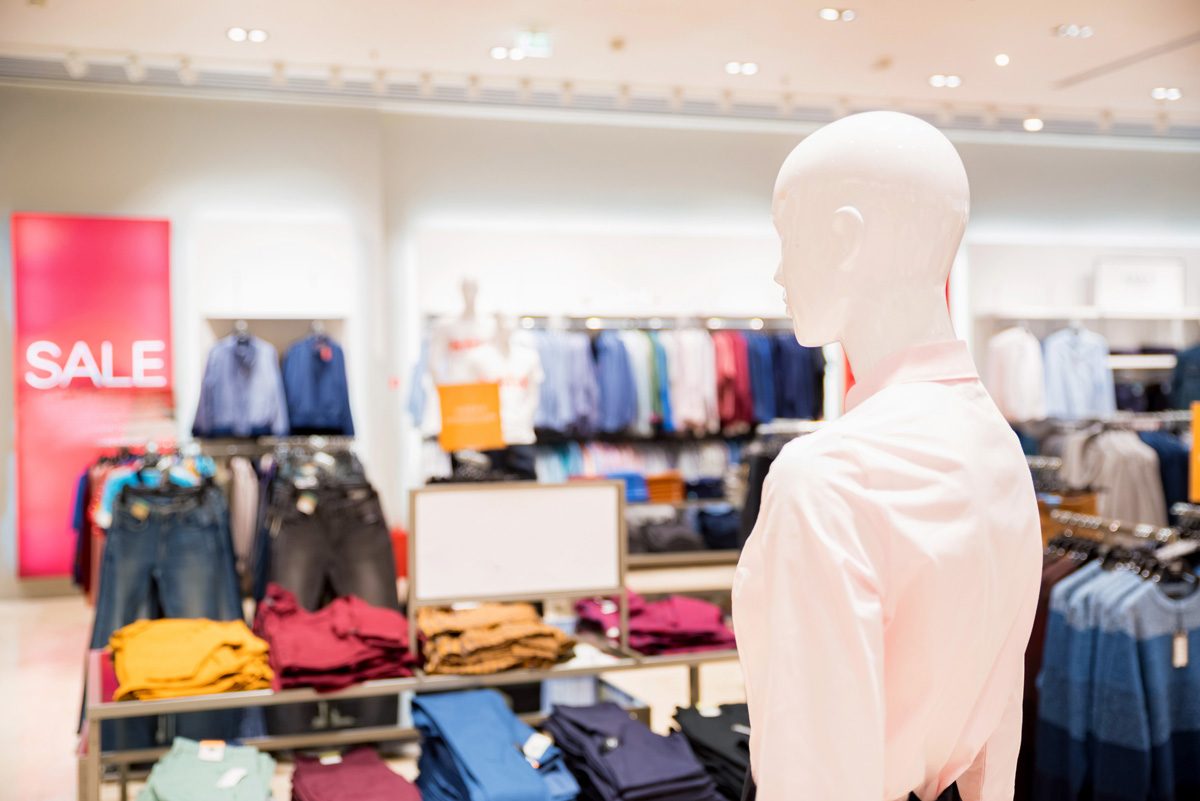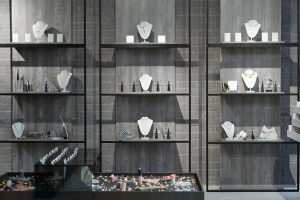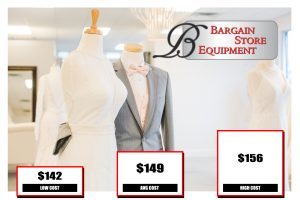Mannequins are life-size models utilized by designers and retailers. Typically, mannequins are made of the following three materials.
Wood
The original mannequins were constructed from wood. Since wood is extremely sturdy and durable, mannequins were comprised of this material just for that reason. Wood mannequins are typically made with balls and sockets, making joints that form the leg and arm functions. Most wood mannequins will be painted to portray a life-like image.
One of the drawbacks of wood mannequins is they can be hard to move due to their weight. In addition, the transport cost will most likely increase compared to other materials. While wood can be painted to appear life-like, the wood does not offer this look, itself. Wood will crack and tear over time, which can become nearly impossible to hide or repair.
Fiberglass
Fiberglass is the most commonly used material for manufacturing mannequins today. This material has a balanced ratio of sturdiness and weight. Compared to wood, fiberglass mannequins can be transported for a reasonable price. Fiberglass can also be easily painted or painted over.
Paint will smoothly cover fiberglass to make life-like models. Fiberglass mannequins can be customized with balls and joints, allowing the model to look even more realistic. The only downside with fiberglass mannequins is they will completely shatter if dropped. Proper precautions need to be taken with these models.
Polystyrene
This material is a hard plastic that is indestructible with a long lifespan. Polystyrene has been used to manufacture mannequins for nearly the past 15 years. This is also lightweight and easy to transport. Polystyrene is often injected with dyes to create a very aesthetically-pleasing model for patrons.
There are a few reasons to opt against investing in this material. For starters, it can appear cheaper than the typical wood mannequin. Since polystyrene cannot be sprayed over, it offers a few restrictions on styles.
Why Use Mannequins?
So, why invest in mannequins for your retail store? There are many reasons why this affordable option is perfect for your needs. Mannequin displays have been proven time and time again to boost sales. Researchers show that stores utilizing mannequins have higher sales than stores that do not invest in this option. How does a mannequin translate into sales, though? It’s simple: the visual appeal sells items to many customers. Mannequins are much more attractive to look at than the typical rack or shelf.
Think of mannequins as a guide to your retail customers. Where should I go/what clothing should I be looking for? The mannequin stands out in a way that most displays do not. When a shopper takes notice of a dress on a mannequin, it will lead the individual to that particular area. There, the retailer can display any other desirable items for observation. In a much simpler way, mannequins can be used to just fill space in a store. Now, this doesn’t mean the mannequin is bare.
The mannequin will still be used as a clothing display, but located in a non-typical area of the store. If you have a clearance section that is nearly bare, popping a mannequin in that spot is a great way to fill space.
How Much Do Mannequins Cost?
A typical full body mannequin will cost an average of $149, with prices ranging from $142–$156. A male or female mannequin torso will cost an average of $89. The range of prices for torsos is $68-$110. All prices are according to Bargain Store Equipment in Phoenix, Arizona.
Bargain Store Equipment
Bargain Store Equipment is your one stop shop for retail store equipment as well as restaurant equipment, display cases, shelving and more. Bargain Store Equipment has great prices on all your retail equipment needs including mannequins, counters, shelves, showcases, display refrigerators and more. Contact Bargain Store Equipment today!













